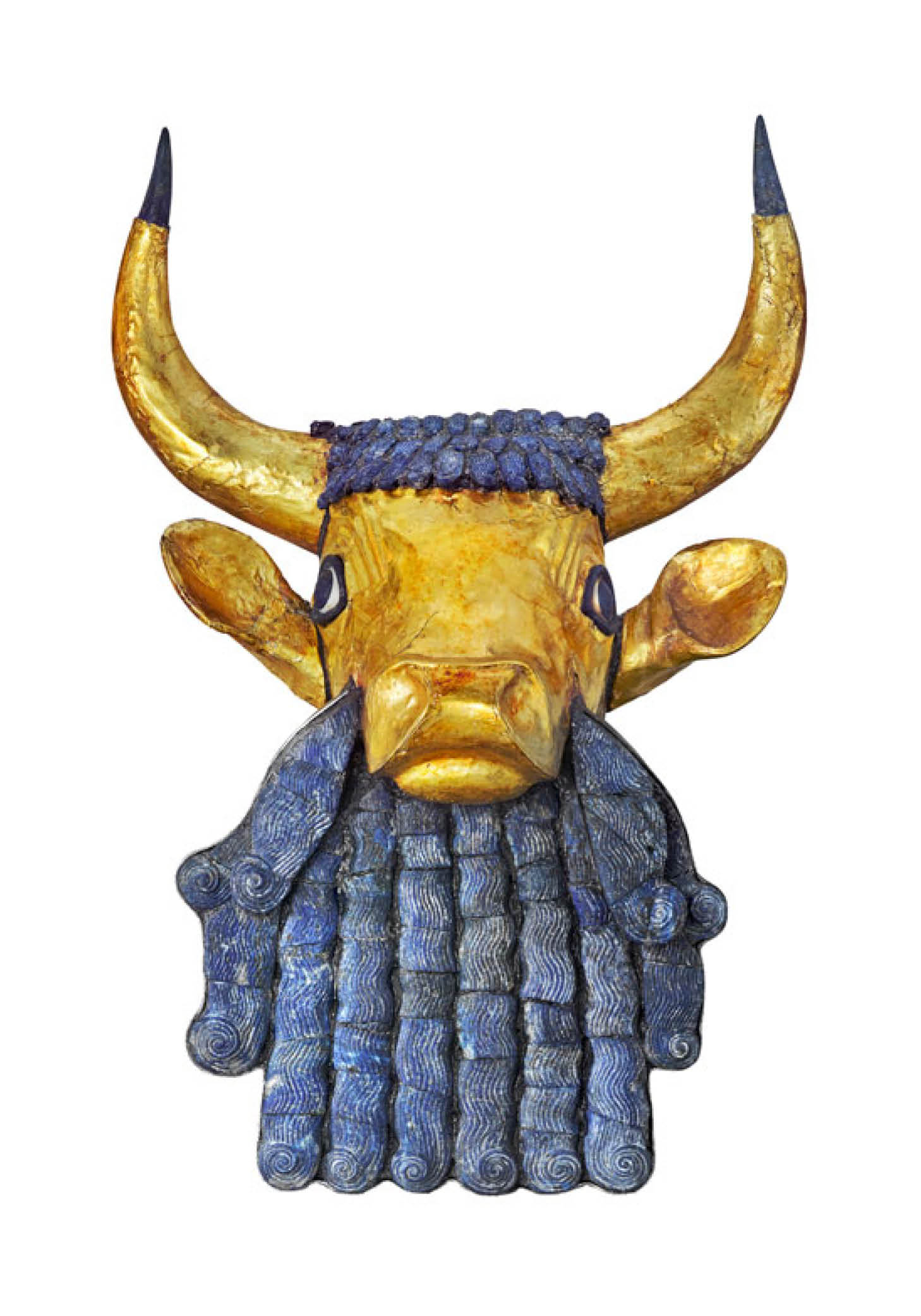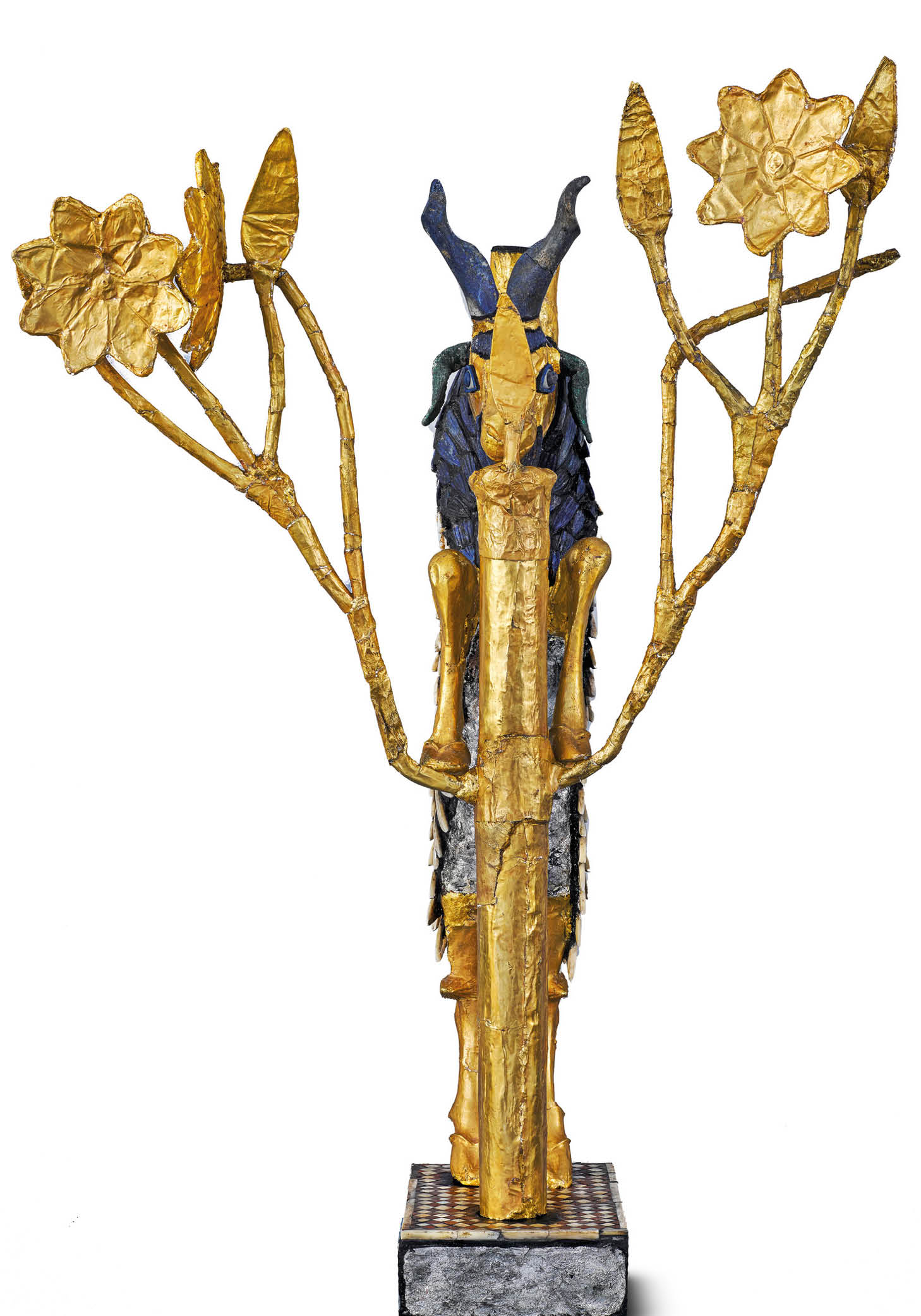In tandem with the theme of its fellowship year, the Katz Center organizes conferences, symposia, and other gatherings to promote scholarly exchange and intellectual collaborations. Highlights of each year include:
The Joseph and Rebecca Meyerhoff Lecture series
Established in 1996, the annual Joseph and Rebecca Meyerhoff Lecture honors the memory of Joseph and Rebecca Meyerhoff, parents of Eleanor Meyerhoff Katz, wife of Herbert D. Katz, and important philanthropists who supported numerous and enduring civic and Jewish causes. The series brings to Penn preeminent scholars for a campus talk meant to enrich the experience of Katz Center fellows and open up the fellowship theme to the broader university community.
Past Meyerhoff Lectures
- 2024–25 Monica H. Green (Independent Scholar) Plague and the Persecution of Minorities: How the New Sciences of Plague Are Changing Our Understanding of Responses to the Black Death
- 2023–24 Philip V. Bohlman (University of Chicago) "Making Sacred All the Whispers of the World": The Cabaretesque and the Aesthetics of Trauma
- 2022–23 James Loeffler (University of Virginia) "An Incomplete Liberalism? Reading Brandeis after Charlottesville"
- 2021–22 Elisheva Baumgarten (Hebrew University of Jerusalem) "Legal Knowledge and Everyday Practice in Medieval Ashkenaz" (watch here)
- 2020–21 Alexandra Minna Stern (University of Michigan) "Tracing the History of a Toxic Present: Antisemitism and Resurgent Ethnonationalism"
- 2019–20 A conversation between Carlo Ginzburg (UCLA) and Francesca Trivellato (Institute for Advanced Study in Princeton) "Microhistory and Global History" (watch here)
- 2018–19 A panel discussion with Aron Rodrigue (Stanford University), Julia Phillips Cohen (Vanderbilt University), Lital Levy (Princeton University), and Jessica Marglin (University of Southern California) "Jews, Muslims, and Modernity"
- 2017–18 David B. Ruderman (University of Pennsylvania) "Jewish Thought and Scientific Discovery in Early Modern Europe: Twenty-Five Years Later" (watch here)
- 2016–17 Bonnie Honig (Brown University) "Is Man a 'Sabbatical Animal'? Giorgio Agamben, Franz Rosenzweig, and AJ Heschel"
- 2014–15 Natalie Zemon Davis (University of Toronto) "Regaining Jerusalem: Eschatology and Slavery in Jewish Colonization in 17th-Century Suriname"
- 2013–14 Yosef Kaplan (Hebrew University of Jerusalem), Response by Roger Chartier (University of Pennsylvania and Collège de France) "Cristobal Mendes alias Abraham Franco Silveira: The Puzzling Saga of a 17th-Century Converso"
- 2012–13 John Van Engen (University of Notre Dame) "Jews, Friars, and Beguines: Narrating the History of Thirteenth-Century Europe"
- 2011–12 Jane Caplan (St. Antony’s College, University of Oxford) "'Jetzt Judenfrei' ('Now Free of Jews'): Being a Tourist in Nazi-Occupied Poland"
- 2010–11 David Nirenberg (University of Chicago), Converting Canvas: Christian Art's Struggle with Judaism from the Middle Ages to the Renaissance
- 2009–10 A discussion of Moshe Idel's book Old Worlds, New Mirrors: On Jewish Mysticism and Twentieth-Century Thought with Vivian Liska (University of Antwerp), David N. Myers (UCLA), and Galili Shahar (Tel Aviv University), with a response by Moshe Idel (Hebrew University of Jerusalem)
- 2008–09 Derek J. Penslar (University of Toronto) "The Military as a Jewish Career in Modern Europe"
- 2007–08 Paula Fredriksen (Boston University) and Oded Irshai (Hebrew University of Jerusalem) "Saint Stephen's Bones: A Chapter in the History of Jewish-Christian Relations in Late Antiquity"
- 2006–07 Haggai Ben-Shammai (Hebrew University of Jerusalem) "Defining the Karaites: Between Self-Perception and Scholarly Evaluation"
- 2005–06 Amnon Raz-Krakotzkin (Ben-Gurion University of the Negev) "Exile, History, and the Nationalization of Jewish Memory"
- 2004–05 Anita Shapira (Tel Aviv University) "People of the Land, People of the Book: The Bible and Israeli Identity"
- 2003–04 A panel discussion with Menahem Ben-Sasson (Hebrew University of Jerusalem), Joseph Lowry (University of Pennsylvania), and Marina Rustow (Johns Hopkins University) "Fences and Neighbors: Jews and Muslims at the Last Millennium"
- 2002–03 Jonathan Frankel (Hebrew University of Jerusalem) and Hillel J. Kieval (Washington University, St. Louis) "A Medieval Accusation Made Modern: Reassessing 'Ritual Murder' in Jewish History"
- 2001–02 Geoffrey Hartman (Yale University) "The Dark Forward of Time: the Holocaust, History, and Fiction"
- 2000–01 Ezra Mendelsohn (Hebrew University of Jerusalem) "Jewish Art and Jewish History: The Universalist Tradition"
- 1999–2000 Moshe Idel (Hebrew University of Jerusalem) and Anthony Grafton (Princeton University) "Born Under Saturn: Astrology, Magic, and the Construction of Jewish and Christian Identities in Early Modern Europe"
- 1998–99 David Sorkin (City University of New York) "Did German Jews Assimilate? Revisiting German Jewish History"
- 1997–98 Saul Friedländer (UCLA) "Writing the History of the Shoah: Some Old/New Dilemmas"

The Martin Gruss Colloquium
Planned by the fellows themselves for the end of the academic year, the Martin Gruss Colloquium is a capstone moment for every fellowship year, sharing the research of the fellows and expanding their conversation to include other perspectives and voices from within and beyond the field of Jewish Studies.
The Katz Center also host various other conferences and symposia, usually open to the university community and often in partnership with other academic units at Penn or elsewhere.
Past Gruss Colloquia
- 2024–25 Jews and Health: Bodies, Perceptions, Practices
- 2023–24 In Search of Jews, Music, and Sound: Lost, Hidden, Revived
- 2022–23 Living Law in Jewish Studies
- 2021–22 Part I: Ancient Laws Ancient Contexts: Situating Israelites and Jews in Normative Discourses; Part II: Jews and Law in the Middle Ages and Early Modernity
- 2019–20 The Jewish Home: Boundaries, Disorder, and Power (cancelled due to COVID)
- 2018–19 Order, Reorder, and Disorder: Jews and Muslims Encountering the Modern Era
- 2017–18 Jewish Thought and Scientific Discovery in Early Modern Europe
- 2016–17 Expanding Jewish Political Thought: Beneath, Between, and Beyond the State
- 2015–16 Reason and Its Discontents: Exploring Affect in the Imagination in Jewish Culture and Beyond
- 2014–15 Doing Wissenschaft: The Academic Study of Judaism as a Practice, 1818–2018
- 2013–14 Transformations of Jewish Culture in Early Modern Europe
- 2012–13 Patterns of Relations: Jews, Christians, and Muslims in the 13th Century
- 2011–12 Jews and Journeys: Travel and the Performance of Jewish Identity
- 2010–11 Taking Turns: New Perspectives on Jews and Conversion
- 2009–10 Secularism and Its Discontents: The View from Jewish Studies
- 2008–09 Jews, Commerce, and Culture
- 2007–08 Jewish and Other Imperial Cultures in Late Antiquity
- 2006–07 Religious Communities in Islamic Empires
- 2005–06 The Jewish Book: Material Texts and Comparative Contexts
- 2004–05 Modern Jewish Literatures: Language, Identity, Writing
- 2003–04 Challenging Boundaries: Histories and Anthropology in Jewish Studies
- 2002–03 Jewish History and Culture in Eastern Europe
- 2001–02 Jewish Biblical Interpretation in Comparative Context
- 2000–01 Modern Jewry and the Arts
- 1999–2000 Hebraica Veritas? Christian Hebraists, Jews, and the Study of Judaism in Early Modern Europe
- 1998–99 Dialogues with the Past and Present: Jewish Cultural Formation from the Middle Ages to the Enlightenment
- 1997–98 Text, Artifact, and Image: Revealing Ancient Israelite Religion
- 1996–97 Divergent Centers: Shaping Jewish Cultures in Israel and America
- 1995–96 Learning and Literacy in the Judaic Tradition: A Comparative and Interdisciplinary Inquiry
- 1994–95 History—Remembered, Recovered, Invented: Historical Memory and the Construction of Tradition
